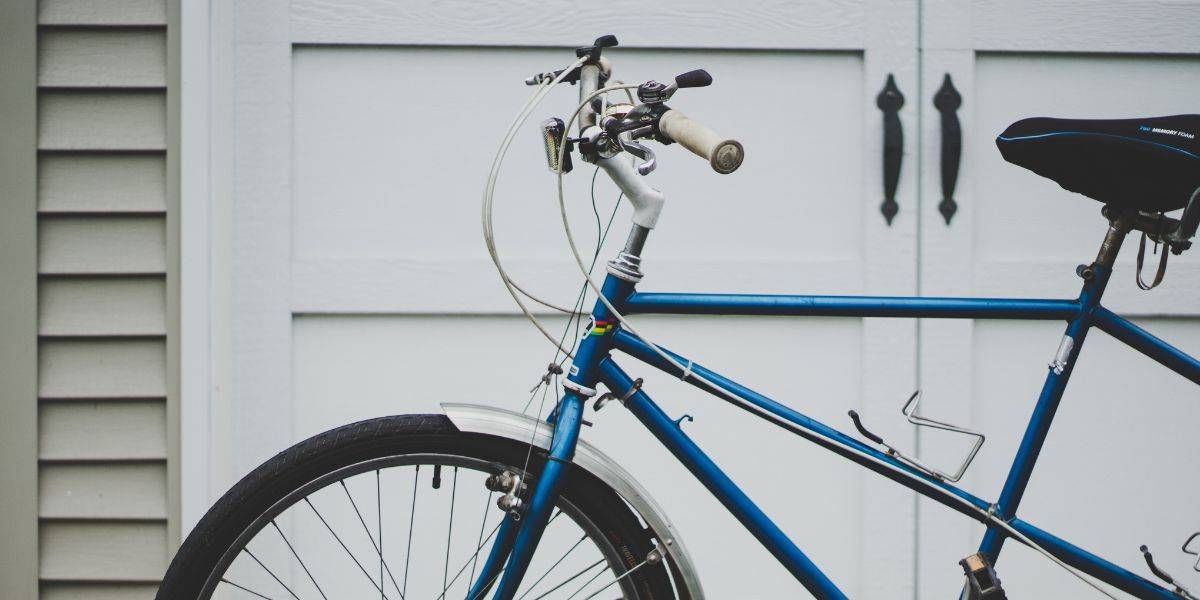Hydraulic vs Mechanical Brakes
What type of brakes are best, hydraulic vs mechanical? You can find hydraulic and mechanical disc brakes on most bikes nowadays, as they outperform the traditional rim brakes you grew up with. Hydraulic brakes are great for stopping quickly, especially at higher speeds, whereas mechanical brakes may require a longer stopping distance as the braking power is equal to the force you apply at the lever. Between the two styles
Hydraulic vs Mechanical: What's the Difference?

What is a Hydraulic Brake System?
A hydraulic brake is one that uses fluid (typically mineral oil) instead of a cable as its method of stopping. That oil passes through tubes in the system, causing pressure to build up. When there's enough pressure built up, this is transferred to the brake calipers and brake pads, which apply friction to the disc brake rotor and the bike slows down.
What is a Mechanical Brake System?

Mechanical brakes use a cable system, typically a steel cable connected from the brake lever down to the brake calipers. When you squeeze the brake lever, the lever pulls on the cable, and the force is applied to the caliper, which in turn grips the disc brake rotor and slows down the bike.
However, mechanical brakes can wear down due to stretching that happens within the cable over time and will require more maintenance.
Both options can be used with disc-style brakes, but what matters is how the pressure is applied to the brake pads. When choosing the type of pad, we recommend using ceramic brake pads due to the high performance and longevity of the material.
Hydraulic vs Mechanical: Which Type of Brakes are Better?

Hydraulic brakes are best for high speeds and long distances since the oil can withstand heat better than traditional mechanical systems when being used frequently over time. As the majority of bikes reach speeds of up to 20 mph (32kmh) via throttle or pedal assist, hydraulic brakes are the perfect choice to stop you in emergencies as the pressure they built is multiplied using the fluid system.
Mechanical brakes are a direct 1:1 ratio when squeezing the brake handle – however, as the cable is in a sleeve, friction within the sleeve can cause mechanical brakes to lose some of their stopping power. Have you ever squeezed a bike lever and let go only to have the brake lever lag before it returns to its resting position, or get stuck entirely? You won't experience that with a hydraulic system.
Hydraulic vs Mechanical: Is Hydraulic Worth It?
Recap
- Hydraulic brakes are ideal for high-speed riders, which are perfect for ebikes
- Hydraulic brakes apply a higher braking force compared to mechanical brakes
-
Hydraulic brakes do have a higher price tag, but the utilization of using fluid over traditional cable brakes will provide increased stopping power.
As all Rize bikes come equipped with hydraulic brakes, it comes down to choosing one that fits your lifestyle. Book a test ride and test the brakes for yourself, you’ll be amazed at how well they perform.









